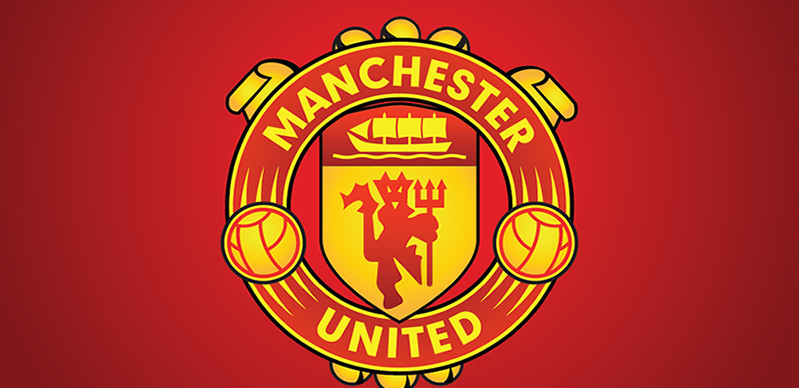Manchester United’s financial performance for the fiscal year ending June 30, 2025, presented a mixed picture. While the club achieved record revenues of £666.5 million, marking a marginal increase of 0.7% compared to the previous year, it also reported its sixth consecutive annual net loss, albeit significantly reduced to £33 million from £113.2 million in the prior year. This seemingly paradoxical situation highlights the club’s ongoing efforts to balance financial stability with on-field performance, which has been lacking in recent seasons.
The reduced net loss can be attributed to cost-cutting measures implemented by co-owner Sir Jim Ratcliffe. These measures, while unpopular in some quarters, have demonstrably improved the club’s bottom line. The operating loss also decreased significantly, from £69.3 million to £18.4 million, further illustrating the impact of these cost-saving initiatives. Chief executive Omar Berrada emphasized the club’s focus on long-term stability and growth, suggesting that these financial adjustments are part of a broader strategy to build a sustainable future for Manchester United.
A deeper dive into the revenue streams reveals that the record figures were driven by strong commercial performance. A new five-year shirt sponsorship deal with Snapdragon contributed significantly to record commercial revenues of £333.3 million. Matchday revenues also reached a record high of £160.3 million, indicating continued strong fan engagement despite the team’s struggles on the pitch. These robust commercial and matchday revenues demonstrate the enduring global appeal of the Manchester United brand, even in periods of sporting underachievement.
However, the absence of Champions League football in the 2024/25 season undoubtedly impacted the club’s overall financial performance. The lack of lucrative Champions League revenue streams contributed to the ongoing net loss. Manchester United’s failure to qualify for European competition in the current season is further expected to impact revenues, with projections for the 2025/26 fiscal year ranging from £640 million to £660 million. This represents a significant decrease compared to the record revenues achieved in the previous year and underscores the financial importance of participating in top-tier European competitions.
Despite the financial challenges, Manchester United continues to be recognized as a global football powerhouse. Deloitte’s Football Money League ranking placed the club fourth, behind Real Madrid, Manchester City, and Paris Saint-Germain, highlighting the enduring strength of the Manchester United brand and its ability to generate significant revenue even during periods of on-field struggles. This ranking underscores the club’s commercial power and global appeal, which remain robust despite fluctuating sporting fortunes.
The start of the 2025/26 season has been disappointing for Manchester United, adding further pressure on manager Ruben Amorim. With only four points from their first four Premier League matches, the team is experiencing its worst start to a league campaign since 1992/93. Early exits from the League Cup and Europa League further compound the pressure on Amorim, whose future at the club is increasingly uncertain. The upcoming match against Chelsea at Old Trafford looms large as a crucial test for both the manager and the team. The continued financial success of the club hinges, in part, on improved on-field performance, adding further urgency to the need for a turnaround in form.


